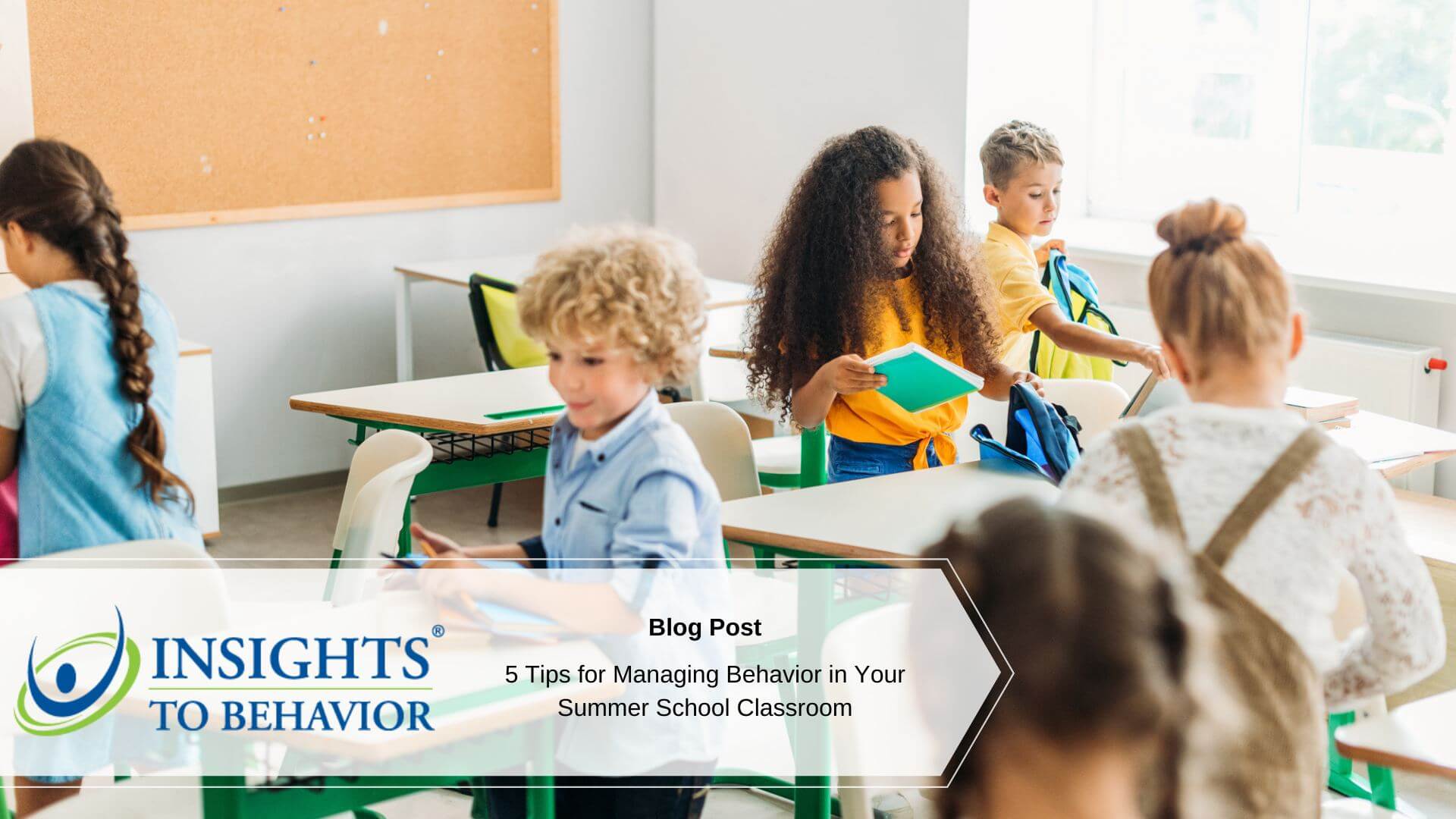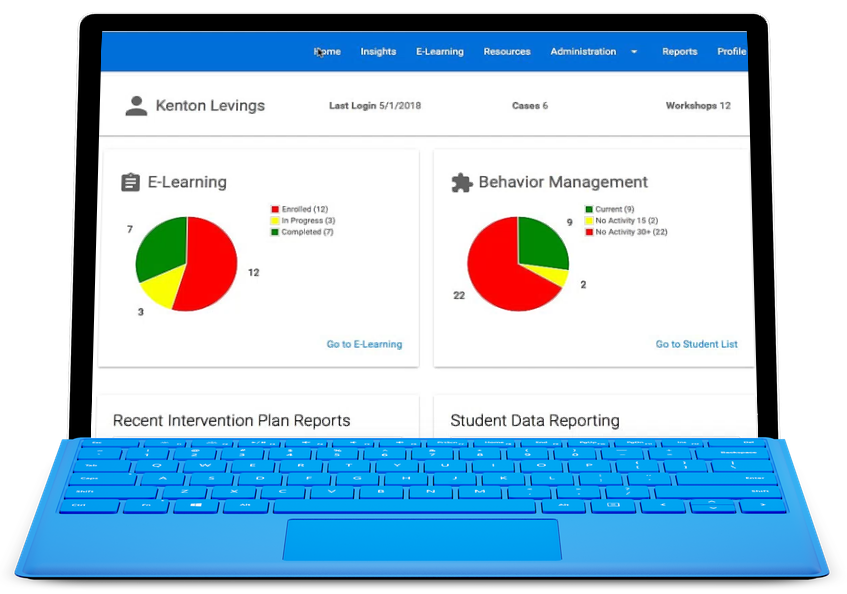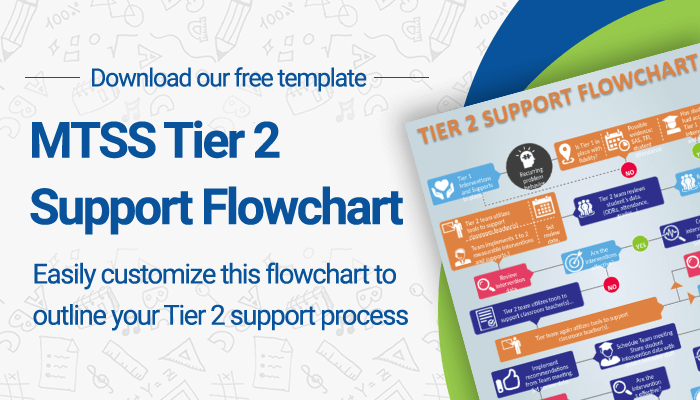Are you preparing to teach children during the summer session? While it’s always important to have classroom management strategies in place before a new school session, doing so during summer can be especially important.
Keep reading for some tips that can help you when managing behavior in the classroom this summer. Then, make sure you’re prepared for a great summer school session with these tips for teachers.
1. Model Ideal Behavior
Your students learn from you in many ways, one of them being your own classroom behavior. For this reason, it’s important to make sure you are modeling behavior that you expect from your students in the classroom. For example, pay attention to how you conversate with your students, as using polite language and maintaining eye contact can encourage them to reflect this conversation style.
Make sure to avoid using your phone in front of your students whenever possible. If you are breaking your own rules for the classroom, your students will be more likely to do the same. Make a visible list of the expected classroom behaviors, such as not interrupting other students or causing classroom distractions.
2. Include Students in Making the Rules
A great way to engage your students with the classroom rules may be to involve them in creating this guideline. This allows them to feel involved in the expectations rather than merely being told what to do. Start an introductory conversation with your students, asking them what good behaviors are important to them and which ones they feel are unacceptable.
This discussion should lead to a mutually understood and respected list of rules and expectations for your classroom culture. Then, print off copies of these guidelines and have students sign them as an initial agreement to respect the rules you came up with together. This way, if a student breaks a rule, it will be easy to point to this document and deal with the issue accordingly.
3. Be Careful With Punishments
Especially with children, it is likely that the rules you’ve established for the classroom will be broken during the summer session. When issues do occur, it’s best to address issues individually rather than punishing the entire class or punishing the child in front of their peers. This can hurt your relationships with the students that are behaving well, which can disrupt your ability to manage the class effectively.
When an issue is occurring, call it out in a friendly manner while still addressing the issue immediately. For example, if a child is talking or distracting their classmates during a lesson, ask them if they have a question or comment to make rather than merely telling them to stop disrupting others. Likewise, if a child is fooling around during class, ask them if they need help focusing rather than just telling them to focus.
This addresses the behavior to provide the student with benefits rather than the shame of punishment.
4. Offer Praise
A great way to encourage your students to produce great work and practice acceptable behavior is to offer them praise. Praising students for a job well done can improve both their academic and behavioral performance. Of course, it would help if you made praise for effort or accomplishment specific and sincere.
This can inspire the class, boost the student’s self-esteem, and reinforce the behaviors you want to see in the classroom. In addition, it can encourage students to repeat positive behavior while motivating other students to do the same. Tangible rewards, such as a prize, can also help to motivate students to do their best.
A great way to keep these positive feelings of praise present outside of the classroom is to make positive phone calls to parents or write them personalized letters telling them of their child’s achievement, effort, or progress. This will allow the child to receive praise at home, which will motivate them to continue good behavior.
5. Organize Classroom Seating Wisely
As you prepare the classroom for the summer session, it’s important to focus on how to organize your student’s seating best. When children are allowed to choose their own seats, they are more likely to be disruptive during class as they will likely pick seats next to their friends, which can lead to chatting. Instead, assign their seating for them and let them know that the arrangement is subject to change throughout the semester.
This will also give the students clear expectations for where they will sit each day which can boost performance by reducing the anxiety that may come with finding a seat. You may also consider finding ways to make your classroom a more welcoming and comforting space for students by adding some cozy features. For example, adding nooks and areas where children can roam around the classroom during free time or reading time can offer them a space to spend time away from their desks.
You can create a cozy area with comfortable seating and area rugs that can help to give the classroom a more relaxed feel. If a child is not behaving when given the time to roam the classroom, you can ask them to go back to their desk, further motivating positive behavior when given more freedom.
Managing Behavior in the Classroom
As you prepare for a summer school session, keep these tips on managing behavior in the classroom in mind for the best results. While students may feel restless during the summer session, there are things you can do to encourage positive behaviors.
Are you looking for more tips and tricks when it comes to managing student behavior? Sign up for our series today to get started.




